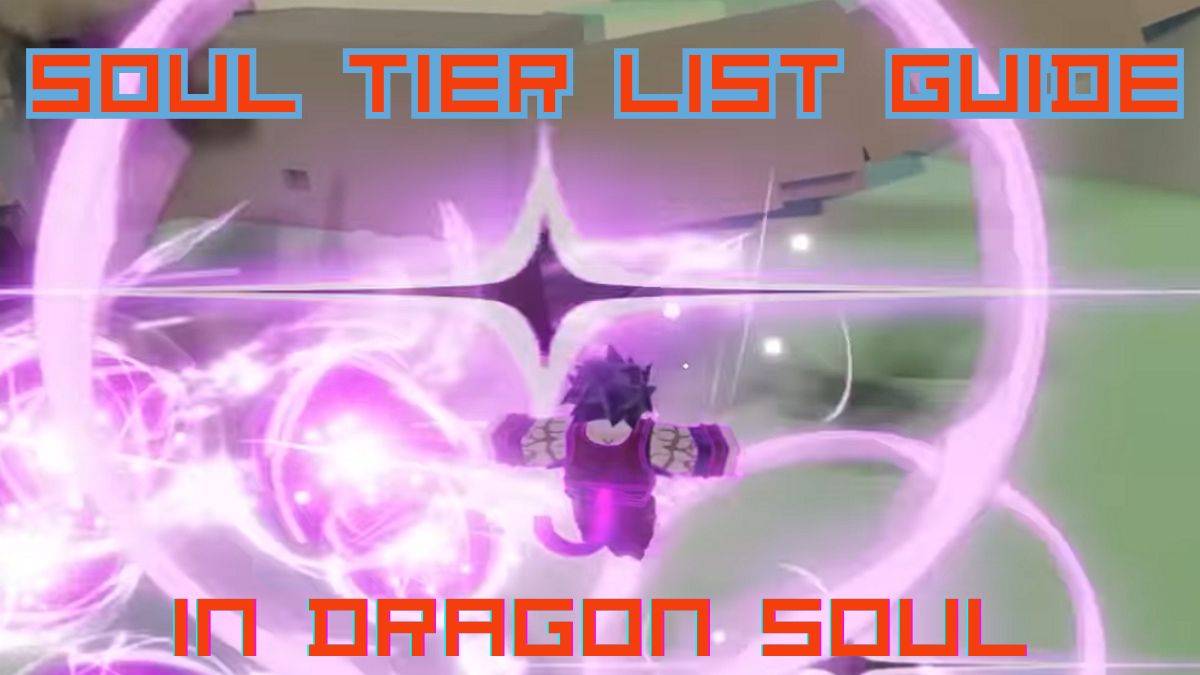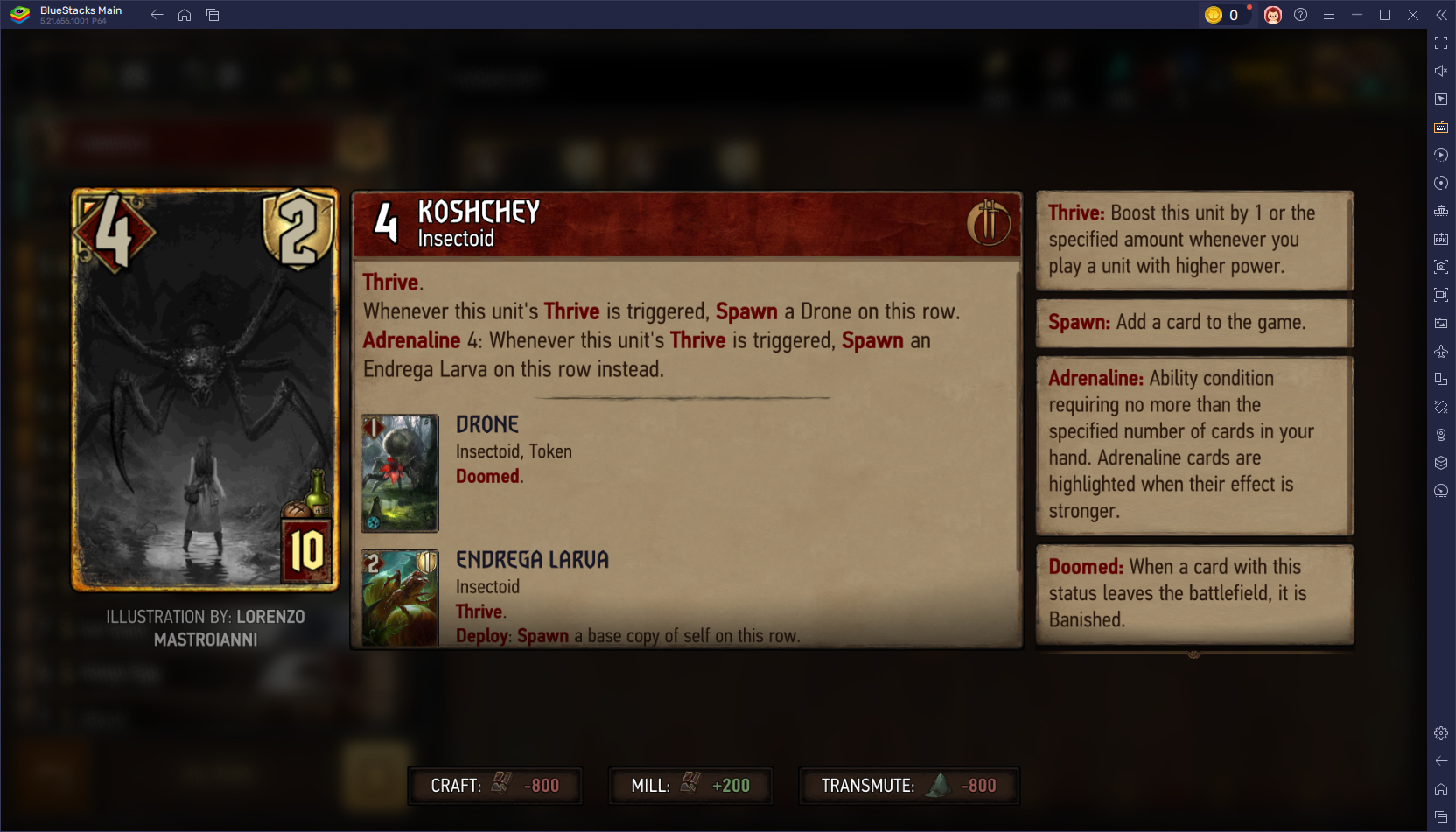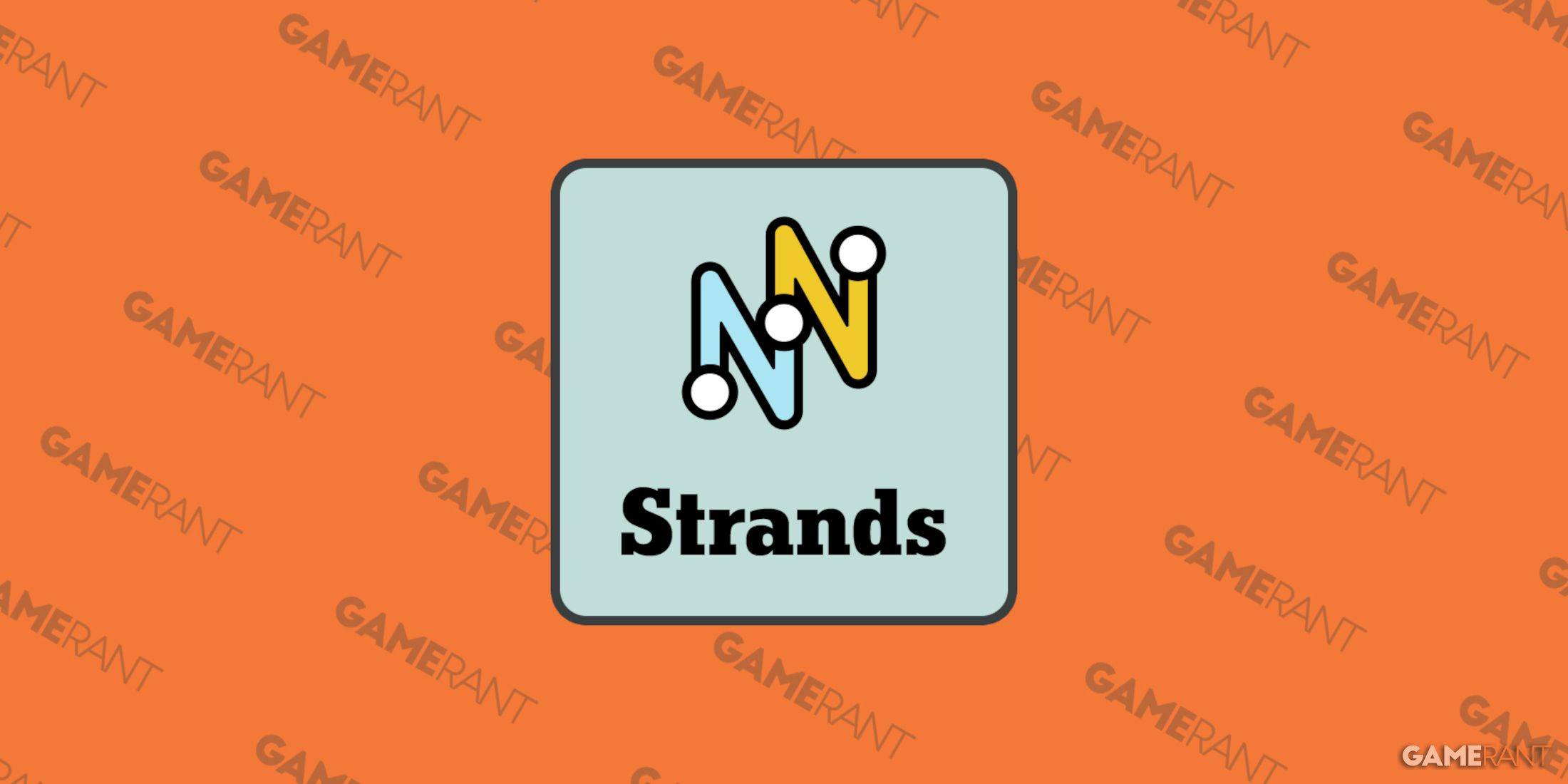"Asus ROG Ally: Connect to TV or Gaming Monitor Guide"
- By Mila
- Apr 23,2025
The ROG Ally made a significant impact in 2023 as a compelling alternative to the Steam Deck, boasting an advantage with its Windows operating system, which allows access to a broader range of games. The subsequent release of the ROG Ally X in the same year not only enhanced its internal specifications but also improved its ergonomics and cooling, making it even more comfortable to use. One of the standout features of the ROG Ally is its portability, yet it offers the flexibility to enjoy gaming on a larger screen, whether it's your TV or a gaming monitor. Both ROG Ally models support connections to external displays, enabling you to experience your favorite games on a bigger scale. Below, you'll find a comprehensive guide on how to connect your ROG Ally to a TV or monitor, complete with step-by-step instructions and product recommendations.
How to Connect With an Adapter
Connecting your ROG Ally to a TV or monitor can be achieved through various methods, but using an adapter is a straightforward and space-efficient solution. You can choose from a compact dongle-style adapter, a direct cable, or the official ROG Gaming Charger Dock, each offering different benefits to suit your needs.
What You'll Need
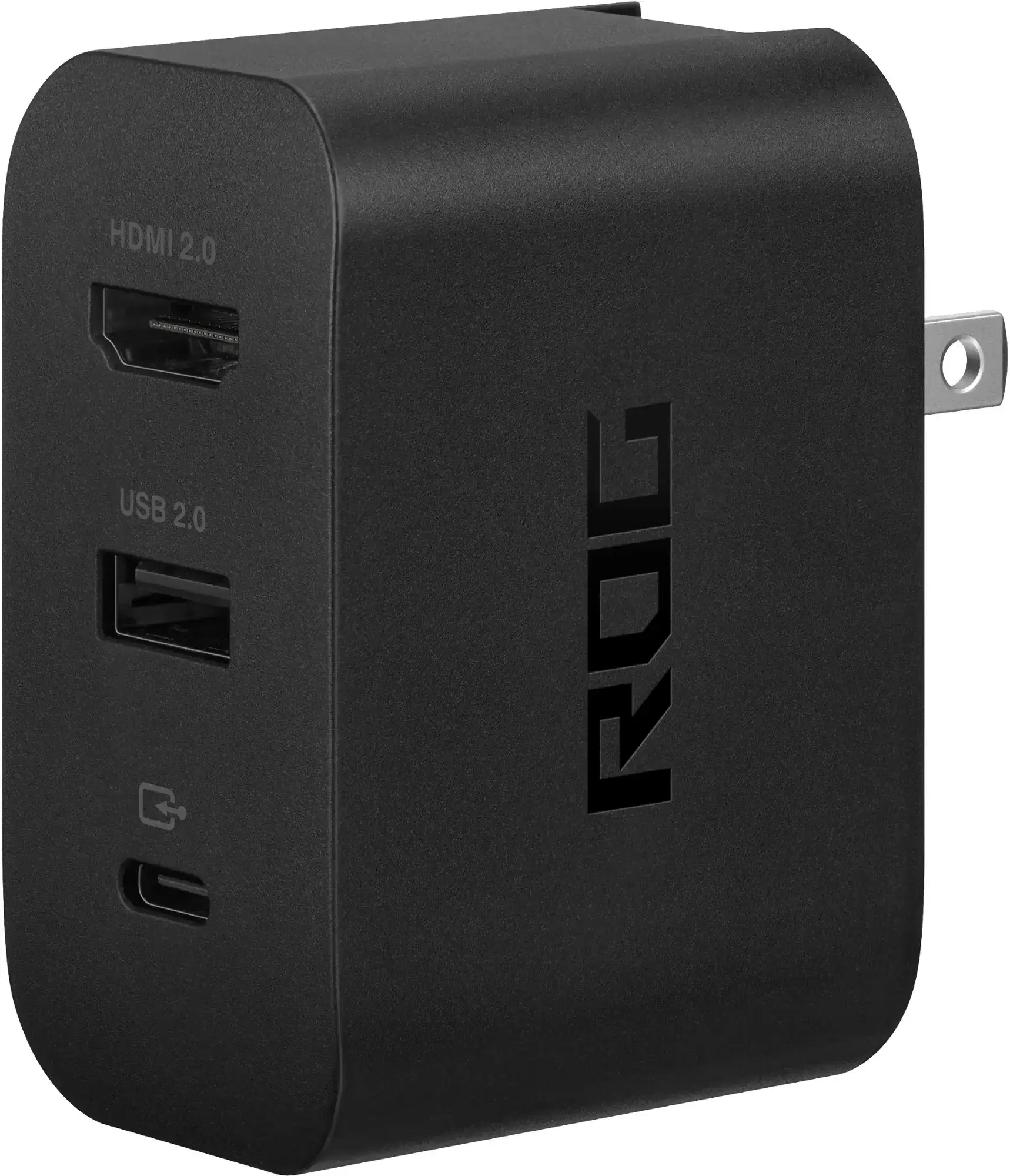
ASUS ROG 65W Charger Dock
0Supports HDMI 2.0 with USB Type-A and USB Type-C for ROG Ally.See it at Best BuyASUS has streamlined the process of connecting the ROG Ally to a TV with the official ROG Gaming Charger Dock, which is both compact and doubles as a charger. All you need are a USB-C and an HDMI cable to get started. The Charger Dock also includes a USB-A port, allowing you to connect peripherals like a mouse or keyboard.
For those preferring a third-party solution, a USB-C to HDMI adapter can be directly connected to the ROG Ally's USB-C port. Then, attach an HDMI cable from the adapter to your TV or monitor. If you're looking for a simpler setup, a USB-C to HDMI cable can connect your ROG Ally directly to your display without any additional adapters.
Some USB-C to HDMI adapters come with a passthrough USB-C port for charging your ROG Ally while it's connected to an external display. If your adapter has this feature, you'll need an additional USB-C cable and your power adapter to keep the battery charged during gameplay.
How to Connect: Step-by-Step Instructions
- Plug a USB-C to HDMI adapter (or cable) into the ROG Ally's USB-C port on the top of the enclosure. If using the ROG Gaming Charger Dock, connect one end of a USB-C cable to the ROG Ally's USB-C port and the other end to the USB-C charging port on the Charger Dock.
- Connect an HDMI cable to one end of the adapter (or Charger Dock) and plug the other end into an available HDMI port on your TV or monitor. If using a direct USB-C to HDMI cable, simply plug the HDMI end into your TV or monitor.
- (Optional) If your USB-C adapter includes a passthrough USB-C port for charging, connect your ROG Ally's power adapter to the passthrough USB-C port to provide power.
- Power on the ROG Ally; it should automatically detect and output the video signal.
- Switch your input on the TV or monitor to the correct HDMI input to view your ROG Ally's display.
How to Connect With a Docking Station
For a setup reminiscent of the Nintendo Switch, consider using a docking station. While the ROG Ally doesn't have an official docking station beyond the ROG Gaming Charging Dock, numerous third-party options are available. These docking stations not only connect your ROG Ally to a TV or monitor but also charge the device simultaneously.
What You'll Need
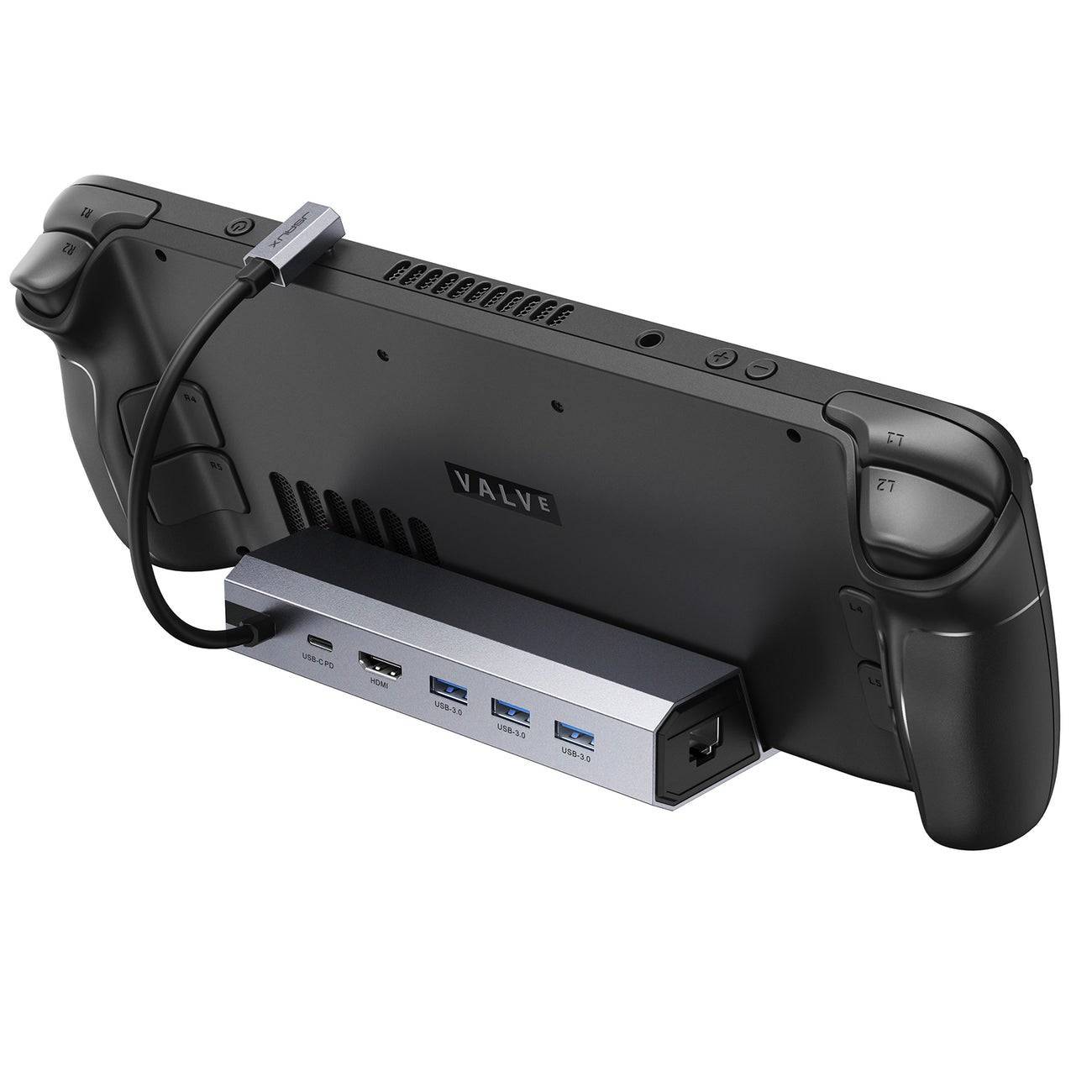
Our Top Pick: JSAUX Docking Station HB0603
2100 watts of power for fast charging and a variety of ports come with this lightweight, compact dock that also serves as a stand.See it at AmazonThe most basic docks for the ROG Ally include an HDMI port and a USB-C passthrough charging port. For a more comprehensive setup, consider docks with additional USB ports for peripherals, external hard drive support, Ethernet ports for a stable internet connection, SD card slots for expanded memory, and even a Display Port for an additional screen. Smaller, portable docks are ideal for travel, allowing you to connect to larger displays on the go. Many docks compatible with the Steam Deck are also suitable for the ROG Ally.
How to Connect: Step-by-Step Instructions
- Place your ROG Ally into the dock.
- Connect the USB-C power cord to the ROG Ally's USB-C port on the top of the enclosure.
- Connect your ROG Ally's power adapter to the USB-C charging port on the dock.
- Connect an HDMI cable to the HDMI port on the dock and the other end to an available HDMI port on your TV or monitor.
- Power on the ROG Ally; it should automatically detect and output the video signal.
- Switch your input on the TV or monitor to the correct HDMI input to view your ROG Ally's display.
You'll Also Need a Controller
While you can use a mouse and keyboard with your ROG Ally's docking solution, a wireless controller often provides the most comfortable gaming experience on a larger screen. The ROG Ally is compatible with any Bluetooth-enabled gaming controller. Below are our top recommendations for controllers that work well with both the Steam Deck and the ROG Ally.
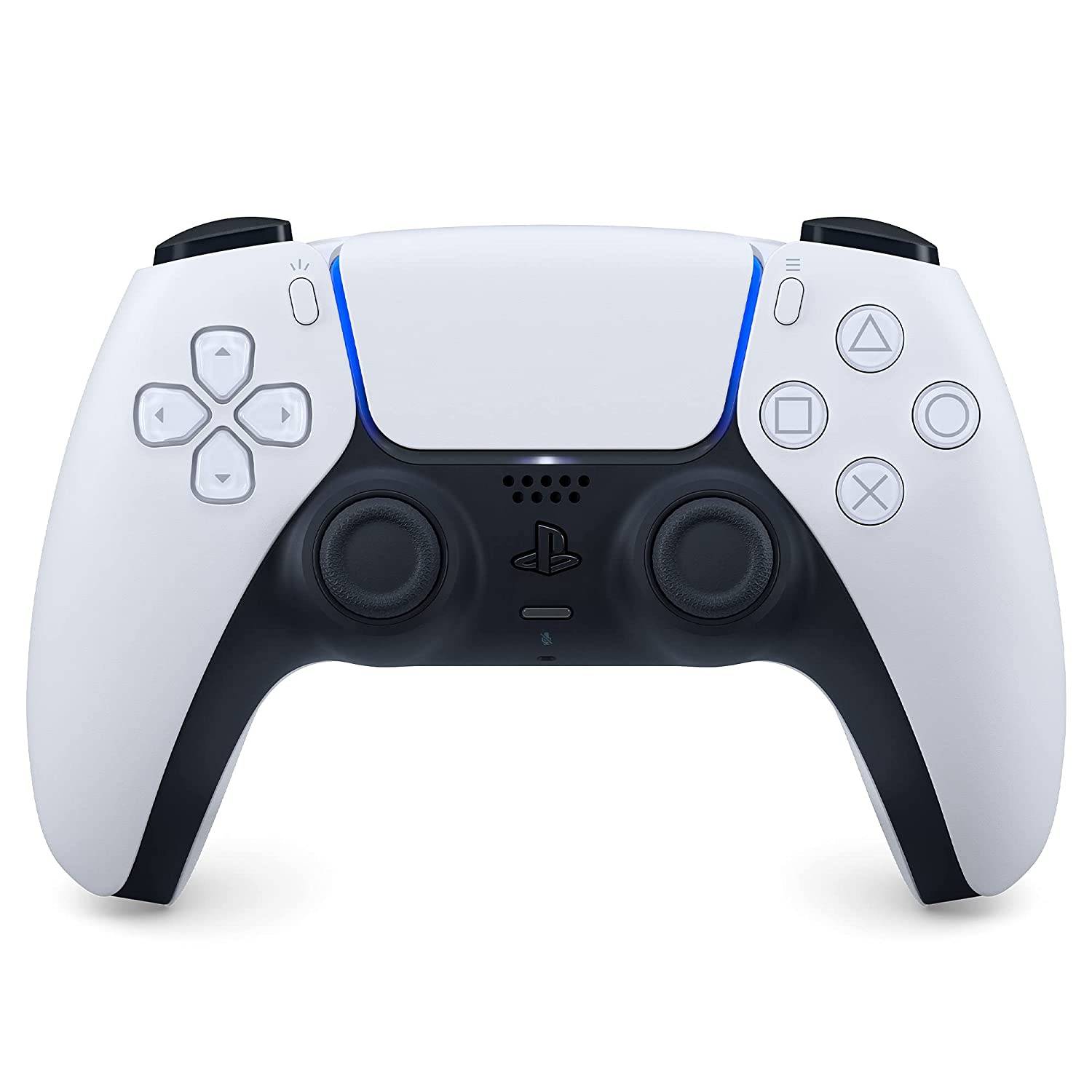
Our Top Pick: Sony DualSense
1See it at AmazonSee it at Best BuySee it at Target
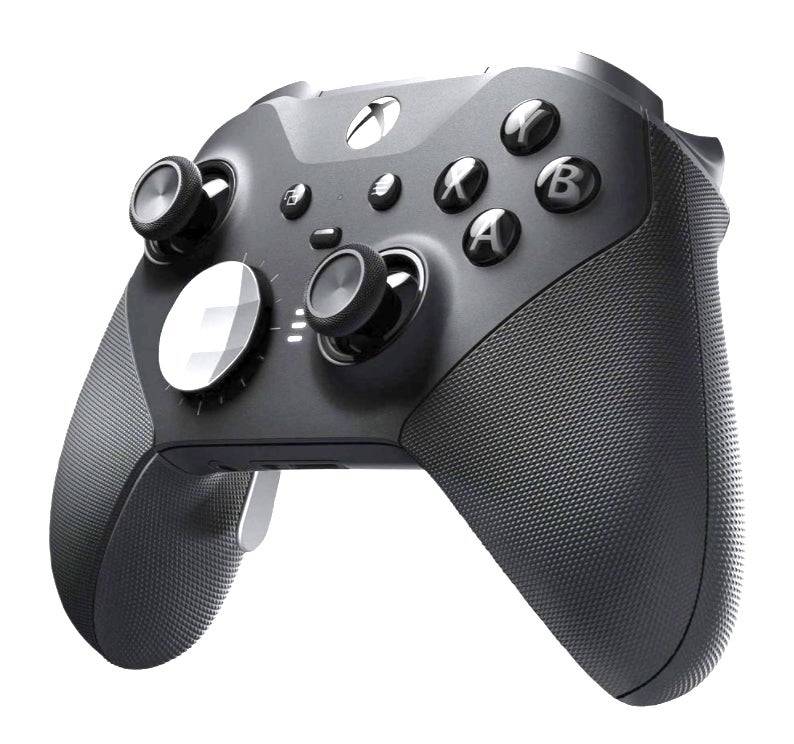
Xbox Elite Series 2 Controller
4See it at AmazonSee it at Best Buy
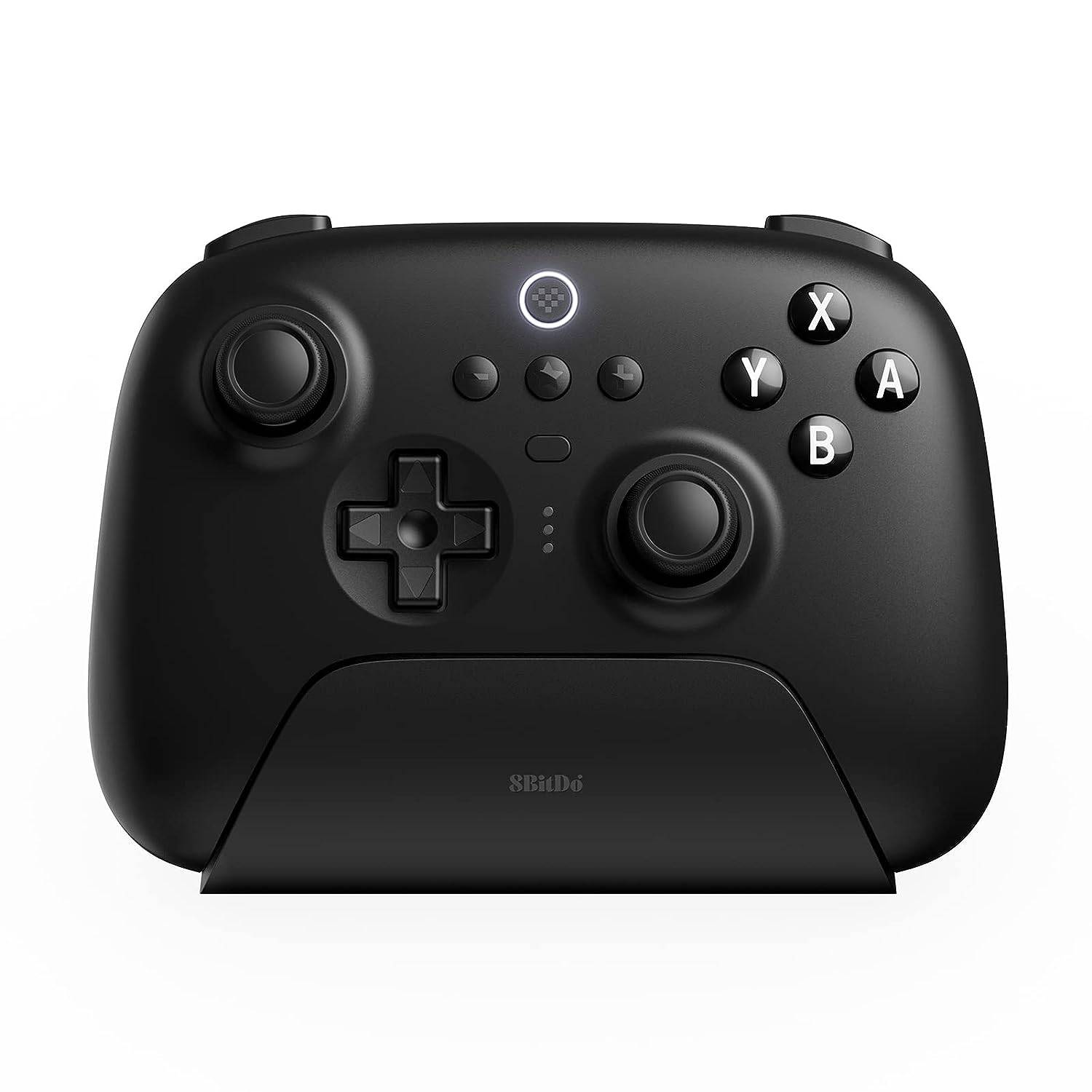
8BitDo Ultimate Controller
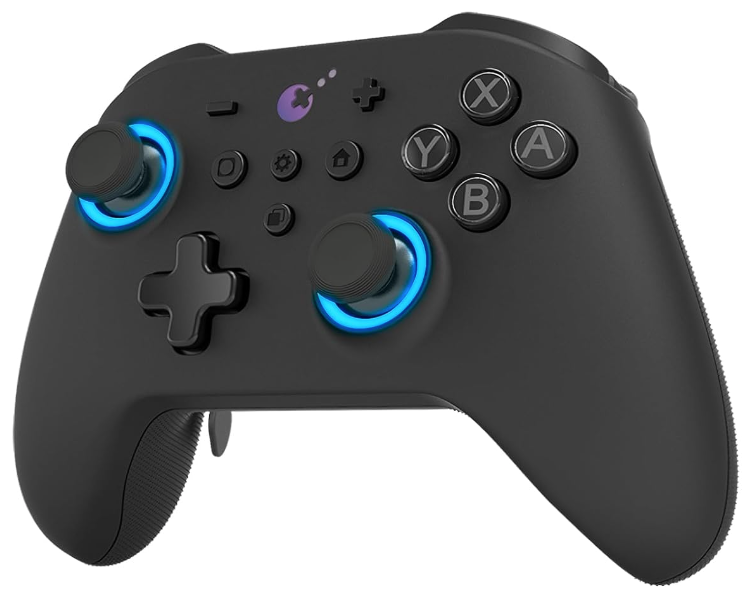
GuliKit KingKong 3 Max Controller
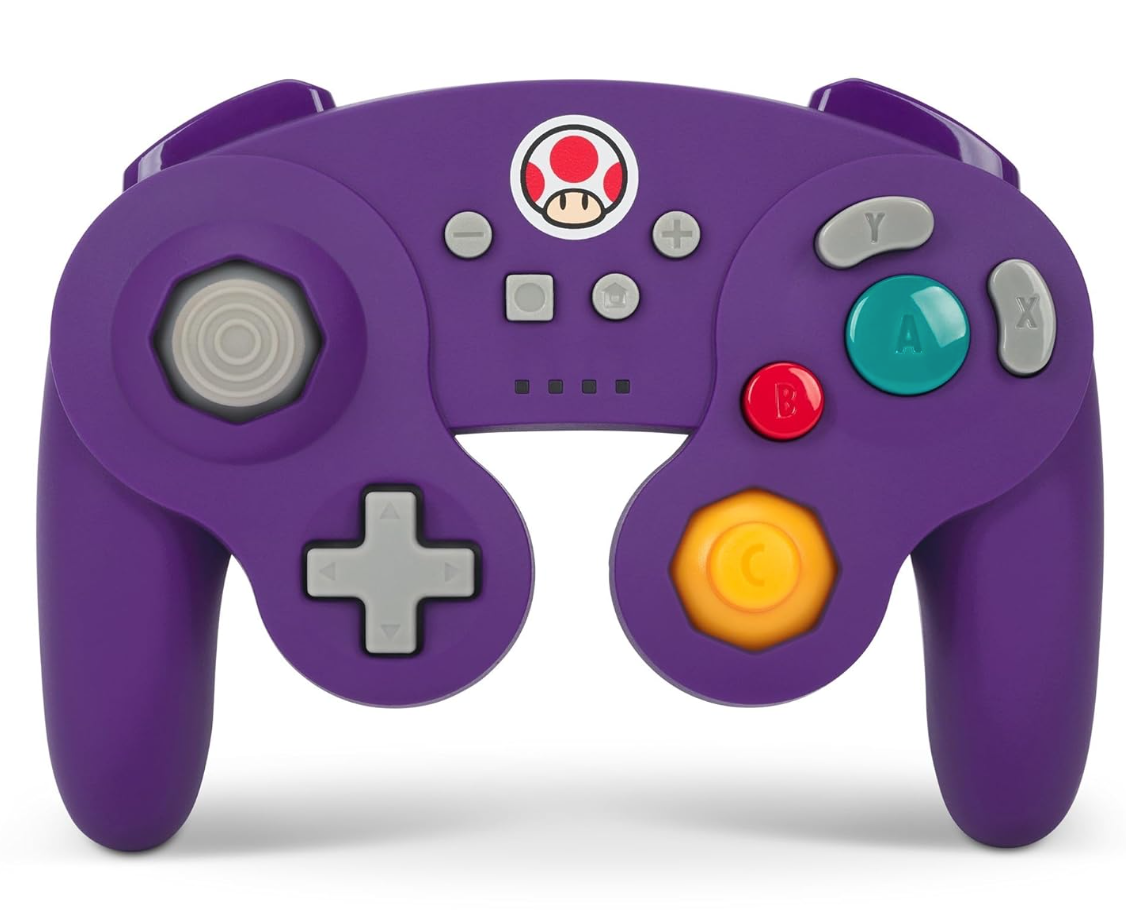
PowerA Wireless GameCube Style Controller
2See it at AmazonThis includes first-party options like the PS5's DualSense, the Xbox Wireless Controller, or the Nintendo Switch Pro Controller, as well as a variety of third-party controllers. Some controllers use a 2.4GHz wireless connection with an included USB adapter, which typically offers lower latency and better range than standard Bluetooth controllers. Additionally, you can opt for a wired USB controller for a simple plug-and-play experience if you're close enough to your ROG Ally or docking station.
Latest News
more >-

-
- Star Wars Outlaws Coming to Nintendo Switch 2
- Dec 13,2025
-

-
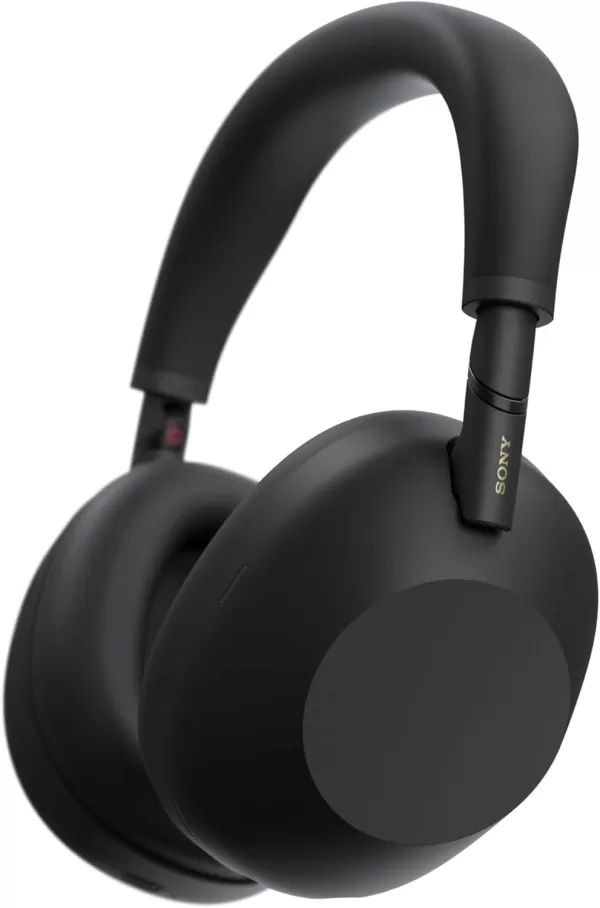
-
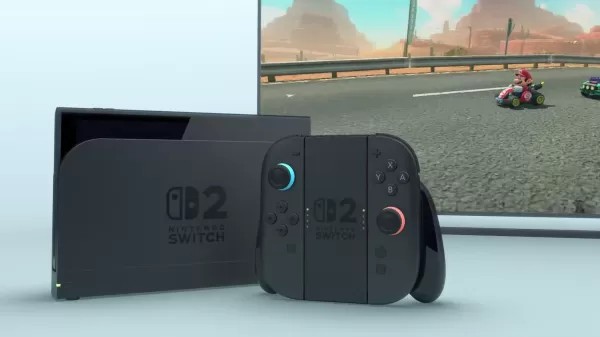
- Trump Tariffs Hit Razer Gaming Laptops
- Dec 12,2025

